Made In Heaven 2 creators Zoya Akhtar, Reema Kagti deny unauthorised use of author Yashica Dutt’s work: ‘We categorically deny any claim…’
Share this post
On August 15, author Yashica Dutt took to social media and called out the makers of Made In Heaven Season 2 for featuring her life’s story without giving her any credit. The author claimed that Radhika Apte’s character in Episode 5 was based on her life. However, today, the creators of the show Zoya Akhtar and Reema Kagti have shared a long note on social media, refuting Yashica’s claim.
‘Pallavi Menke is a fictional character’
The filmmakers stated how Radhika Apte’s character is a work of fiction, asserting, “We are deeply disturbed with the misleading reports and comments in context of author Yashica Dutt claiming formal credit for her ‘contribution’ to Made in Heaven, a show set around wedding planners and remarkable brides who challenge prejudices deeply ingrained in our society. In Episode 5 – ‘The Heart Skips A Beat’, we peek into the life of Pallavi Menke a fictional character. Pallavi Menke is a Maharashtrian Ambedkarite from the Vidarbha region who studied law at Columbia University. She grew up using a caste-neutral surname and was called Pallavi Kumar. She has now reclaimed her original surname, Menke a signifier of her true identity as a member of the Dalit community. Pallavi Menke is an academic who teaches at Columbia and is likely to be tenured as a professor.”
‘We categorically deny any claim…’
Zoya Akhtar and Reema Kagti went on to elaborate on Radhika’s character and how it is distinct from Yashica’s life or her book Coming Out as Dalit. Their statement further read, “She is a recipient of an Amnesty Award. All of this earns her the respect of her prospective in-laws, who belong to a different caste. At the same time, her in-laws think her identity as a Dalit is better brushed under the carpet. The central conflict of the episode is whether Pallavi should fight to have the wedding rituals that are a signifier of her identity, or not. None of the above is drawn from Yashica Dutt’s life or her book – ‘Coming Out As Dalit’. We categorically deny any claim that Ms. Dutt’s life or work was appropriated by us.”
The statement also addressed the use of the phrase ‘Coming Out,’ noting that it originated in the 1950s and therefore wasn’t derived from Yashica’s book. “‘Coming out’ is a 1950’s academic LGBTQIA term that was first used by Mr. Sumit Baudh in the Indian caste identity context in 2007. He used this in an article he wrote for Tarshi. A decade later it was used by Ms. Dutt in her book. This term has since become common parlance for reclaiming caste-identity.”
Regarding the backstory of Radhika Apte’s character, which involves her grandmother cleaning toilets, the creators pointed out that this is a shared history among many Dalits. “In the episode, the character, Pallavi Menke simply uses it in this context. The character does not attribute herself and neither has she been attributed with coining this term or being the pioneer of its usage in a Dalit context. In the episode Pallavi Menke mentions her grandmother’s back story. This narrative of cleaning toilets was included because it is a common history that came up recurrently in our research of the community. Pallavi Menke’s fictional book ‘Denied’ is a hat-tip to several books like Ants Among Elephants by Sujatha Gidla, Caste Matters by Suraj Yengde, Coming Out As Dalit by Yashica Dutt and the Tarshi article by Sumit Baudh,” the makers stated.
The statement concluded with an affirmation of respect for Sujatha Gidla, Suraj Yengde, Yashica Dutt, Sumit Baudh and their contributions to the discourse on caste-based discrimination. The creators expressed their dedication to authentic storytelling and diverse perspectives, and the note was signed by Zoya Akhtar, Reema Kagti, Alankrita Shrivastava and Neeraj Ghaywan, who directed the episodes of Made In Heaven Season 2.


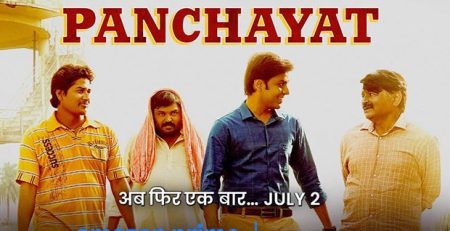


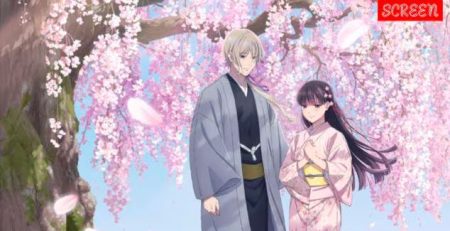
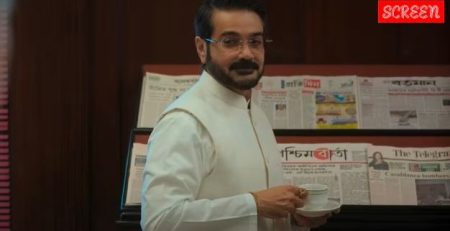
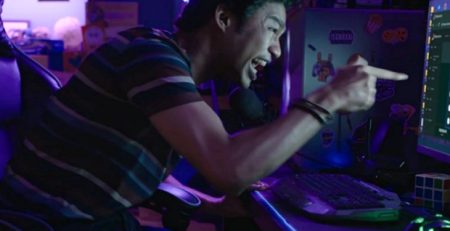
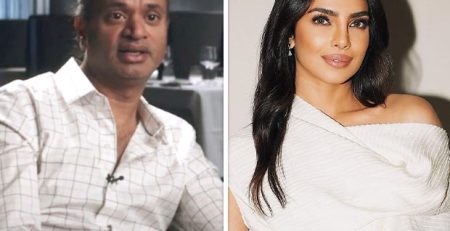


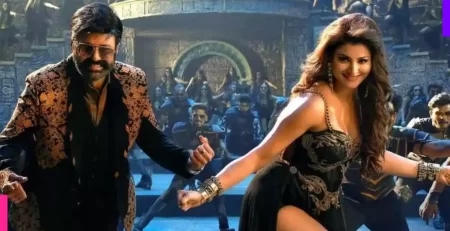
Leave a Reply